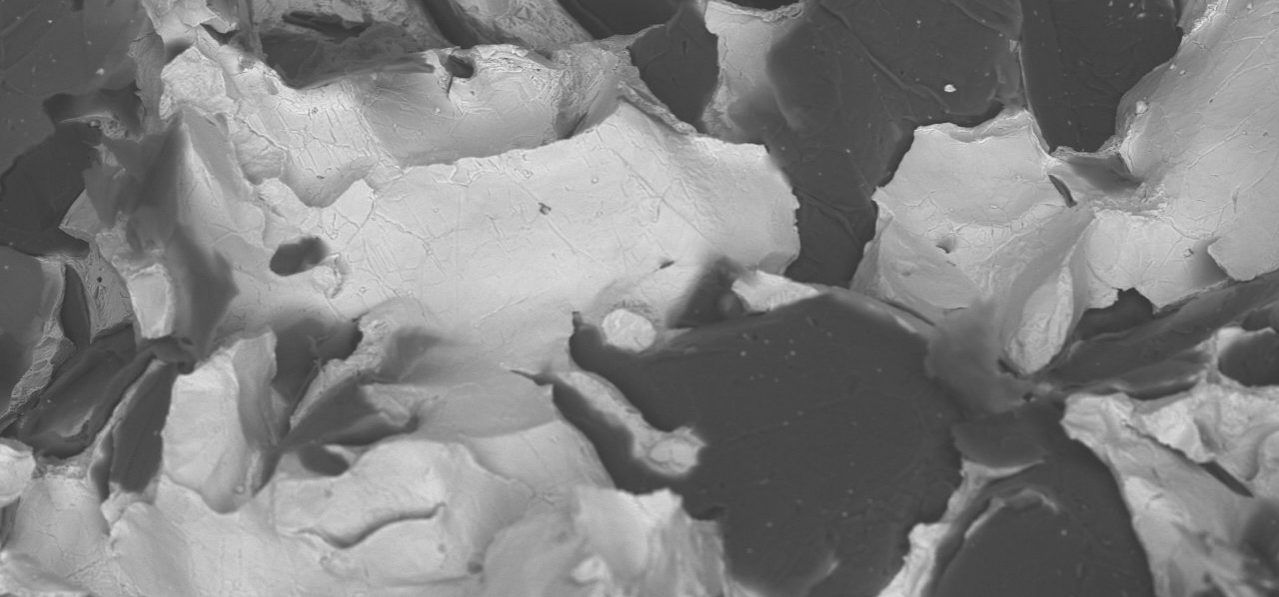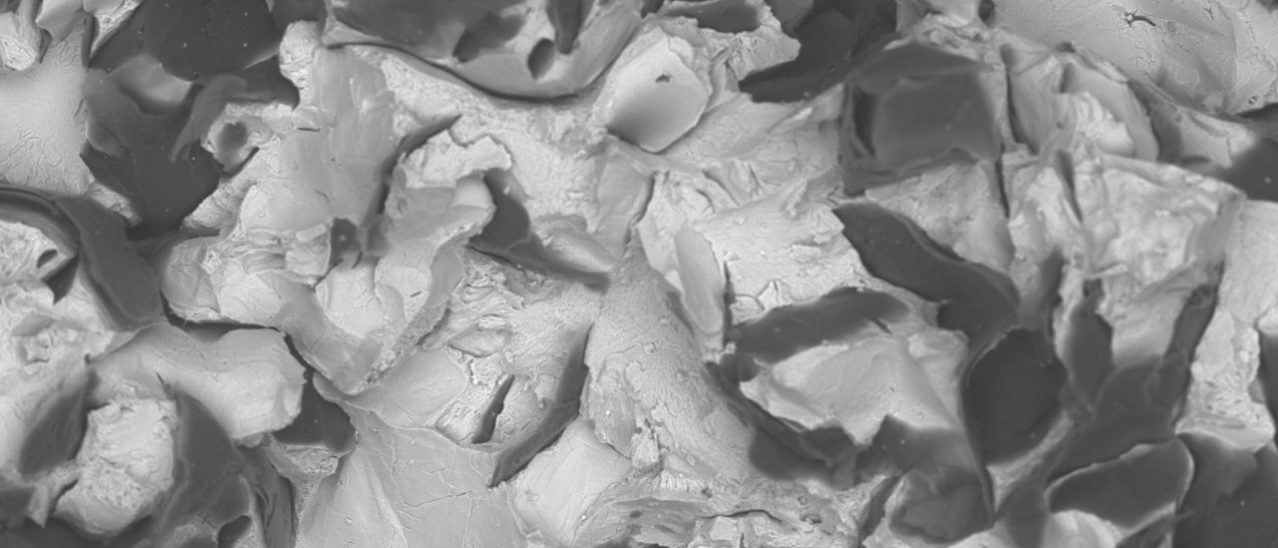Gray cast iron is an iron-carbon alloy where carbon is present in the form of lamellae. This lamellar structure gives gray iron specific properties, such as high tensile strength, good vibration damping, and sound attenuation. The importance of gray cast iron also lies in its ease of formability, relatively low cost, and high thermal conductivity. Currently, there are many different types of cast iron, but gray iron remains an important and versatile choice in industry.
At Seco Industries, s.r.o., gray iron is melted in a medium frequency induction electric furnace and then cast by automatic pouring devices into sand molds.



